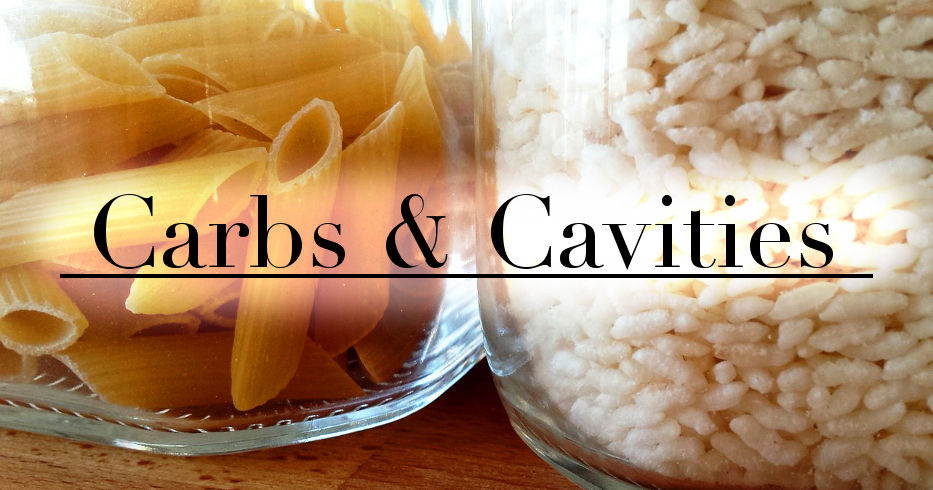Carbs & Oral Health
Carbohydrates are an important part of a balanced, healthy, diet, but they are also one of the main culprits in tooth erosion and decay. Since we can’t completely cut carbs out of our diets, we here at Nashua Dental Group believe it’s important to understand how carbs impact our oral health so we can prevent dental damage.
Carbohydrates not only nourish you, but also the cavity-causing bacteria that lurks in your mouth. The bacterium thrives on the presence of carbohydrates, subsequently creating an acidic environment in your mouth. The presence of this acid is dangerous to tooth enamel, and can begin to erode your teeth… The first steps towards tooth decay.
What Can Be Done?
Since it’s nearly impossible to remove carbs from your diet altogether, here are some simple steps to mitigating the damage carbs can do to your teeth and enamel.
- Eat the right carbs. Avoid eating sticky carbs that cling to your teeth. When food sticks to your teeth, it provides a constant source of nourishment to the bacteria in your mouth. When oral bacteria thrives, your teeth suffer.
- Keep a clean mouth. If end up eating sticky carbs (or anything, really), rinse and floss your teeth after a meal. This should dislodge any bacteria-inducing food particles leftover in your mouth. Stick to flossing and rinsing directly after eating, brushing your teeth after a meal can cause unwanted damage to enamel.
- Don’t add unneeded acid. Try avoiding extremely acidic foods like carbonated beverages, citrus, and grains. By reducing your intake of high-acid foods, your overall oral health will improve.
- Reduce the general acidity of your mouth. Should you end up eating Chewing gum after a meal stimulates the production of saliva. Increased saliva production helps neutralize the acidity level in your mouth, and keeps teeth and enamel safe.
- Eat the carbs in one go. Have your carbs as a part of a meal instead of snacking on them throughout the day. This strategy limits your mouth’s exposure to the dangers of carbohydrates and reduces the need for additional rinsing and flossing sessions during your daily schedule.
Concerned about your diet’s impact on your oral health? Book an appointment with your local dentist at Nashua Dental Group in Nashua, New Hampshire for expert, professional dental care.
Tags: diet, list
